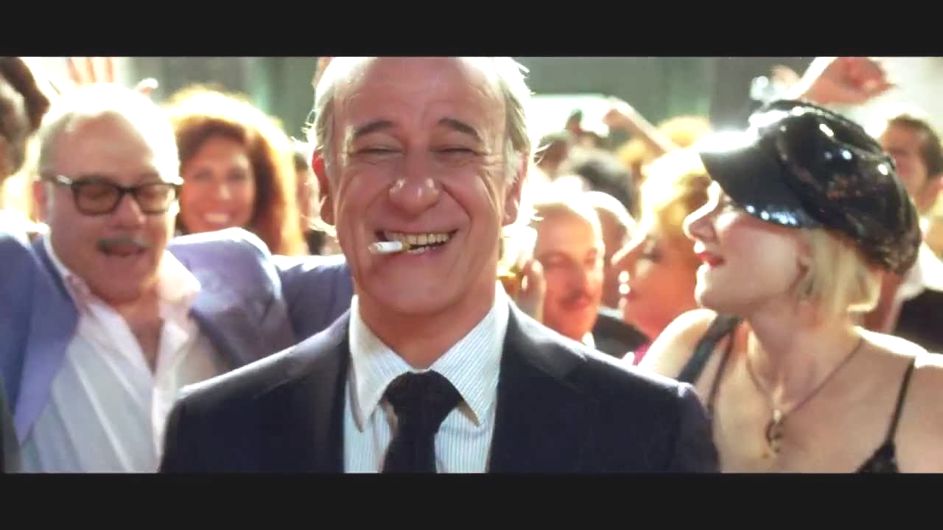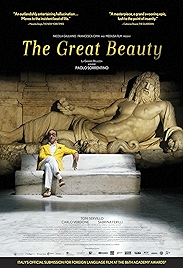A movie for every day of the year – a good one
21 April
Romulus founds Rome, 753BC
On this day in 753BC, one of the great capitals of world civilisation was founded, or so the story goes. Rome, city of the Caesars, was founded by Romulus, who along with Remus was one of the twin sons of Rhea Silvia, daughter of Numitor, king of Alba Longa (present day Castel Gandolfo, where the Pope has his summer residence). The father of the twins was either Mars, the god of war, or possibly Hercules, the demi-god son of Zeus. Either way, Rhea Silvia’s sons become problematical for her once Numitor’s brother Amulius seizes power from Numitor, and Romulus and Remus end up abandoned on the banks of the River Tiber, where they are famously suckled by a wolf, until a shepherd finds them and rears them. According to this worldview, nobility passing along bloodlines, so the brothers are natural leaders and, once they discover the truth of their origin, they kill the man who abandoned them and set about founding a city of their own. The twins quarrel over the precise location of this new city and, heads being hot, Remus ends up dead. Romulus names the city after himself. This foundational myth, of Romulus and Remus, has always had to co-exist with another – that the city was founded by descendants of Aeneas, a refugee from the Trojan war. Recent archaeological evidence suggests the city may be older than either story implies.
The Great Beauty (2013, dir: Paolo Sorrentino)
La Dolce Vita, Fellini’s 1960 film which The Great Beauty bookends, starts with the sight of a giant statue of Jesus being airlifted out of Rome. Message: godlessness. The Great Beauty starts with the firing of a cannon. Message: boom. Director Paolo Sorrentino then drops us into a rooftop party, the music pounding, the beautiful women dancing, buff guys strutting, people of all ages, heights, colours and degrees of comeliness. And all dressed fabulously, all glamorous, all moisturised. It’s a brilliantly co-ordinated display of moneyed, honeyed Roman excess set to a pumping Euro-house beat. And in the middle of it all, grinning like a man who has it all, is Toni Servillo as Jep Gambardella. This is Gambardella’s 65th birthday party and this is his night. He’s still virile enough to enjoy life, with enough money to paper over any cracks that time has caused. Smug.
The Great Beauty doesn’t make specific reference to La Dolce Vita, but in Fellini’s earlier film we have followed Marcello Mastroianni as a novelist who has become a celebrity journalist and lost his soul in the process. In The Great Beauty, Gambardella, we are told, is a novelist who has spent a lifetime as a journalist. He has never written a second book to build on the promise of the first. And over the two hours or so of Sorrentino’s film, we see why – the women, the soirees, the guiltless sex, the decadent art, the exquisite clothes and the endless gossip. There are even Botox evenings, when the wealthy line up to have evidence of their years injected away. I’ve been led astray by all this, he says in so many words to his cleaner, pretty much the only person Jep is honest with. And then suddenly he is at the funeral of a young man who really shouldn’t have died young. He’s helping carry his casket, in fact, when the emotional logjam breaks and he realises… actually we’re not quite sure what he realises. Perhaps that he’s been a fool. Perhaps that he just has enough time and energy left to work on something more meaningful than entertainment. In flashback we see young Jep – he looks remarkably like Mastroianni – and a lost love. Is she the Great Beauty of the title. Is Rome? Or is la grande bellezza like la dolce vita, a lifestyle so attractive that it has turned the heads of even the clergy?
Like the Devil giving Christ the “all this could be yours” tour while tempting him in the desert, Sorrentino doesn’t hold back when it comes to showing us the garden of earthly delights. This really is one of the most sumptuous films ever made, with every shot a display of deliberate cinematic excess. Why move when you can glide? Why track when you can whoosh into the air first? Even the Steadicam shots are balletic. The music, too, is gorgeous, a mix of the sacred (Tavener, Pärt, David Lang) and the profane (Bob Sinclar and Raffaella Carrà’s pumping Far l’Amore), and it does sonically what Servillo and Sorrentino are offering us on the screen – the sight a doomed man glimpsing redemption, as they did in One Man Up, The Consequences of Love and even to a certain extent in Il Divo. But never like this. If you haven’t seen it, prepare to be amazed.
Why Watch?
- Winner of the 2014 Oscar for best foreign language movie
- The latest fruit of director Sorrentino and actor Servillo’s collaboration
- Luca Bigazzi’s breathtaking cinematography
- The soundtrack – in particular David Lang’s choral piece I Lie
The Great Beauty aka La Grande Bellezza – at Amazon
I am an Amazon affiliate
© Steve Morrissey 2014

